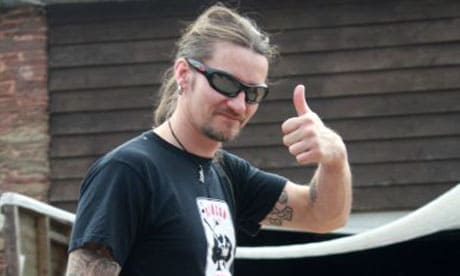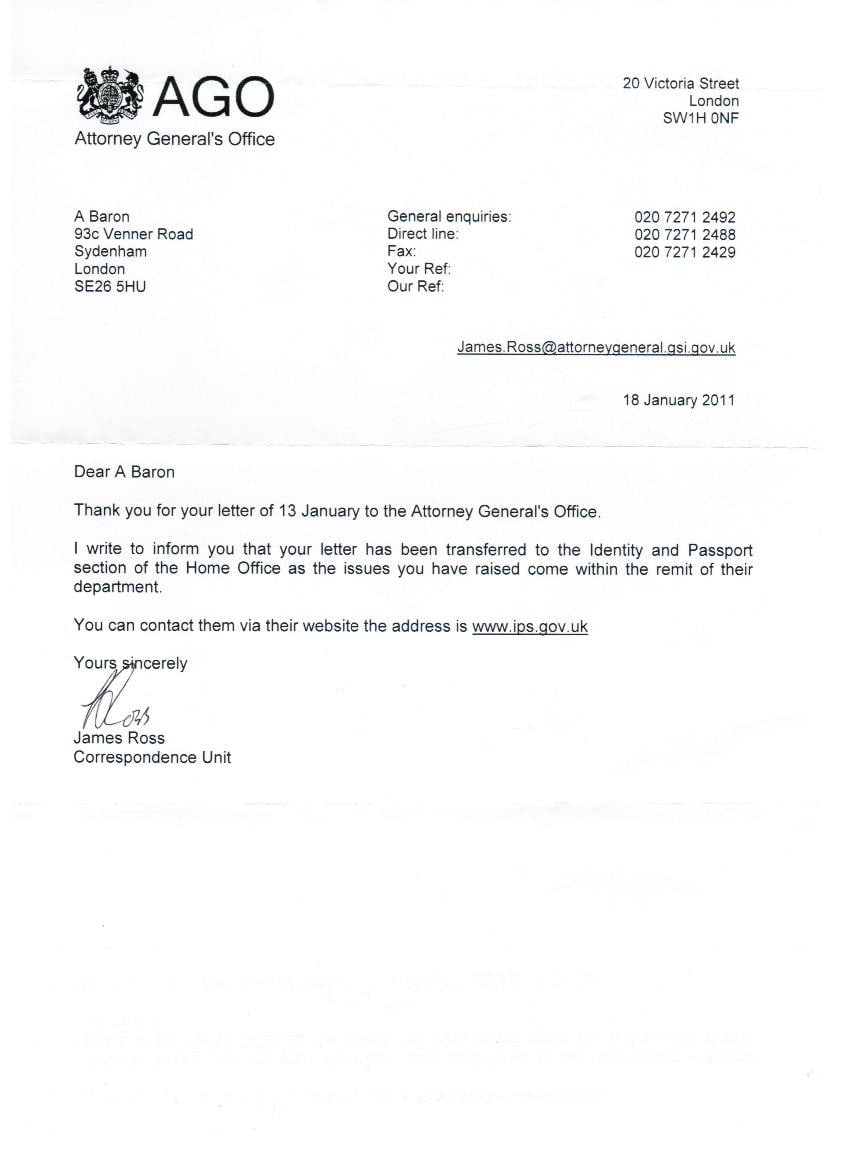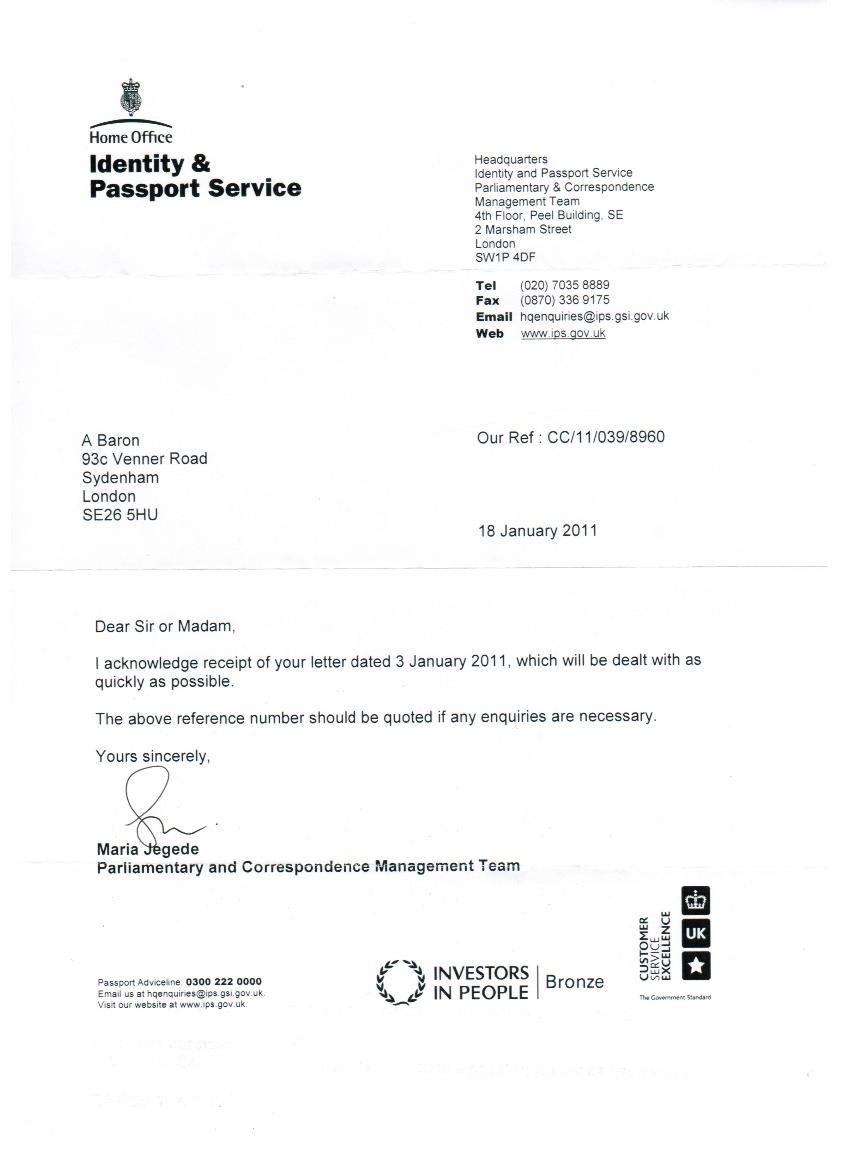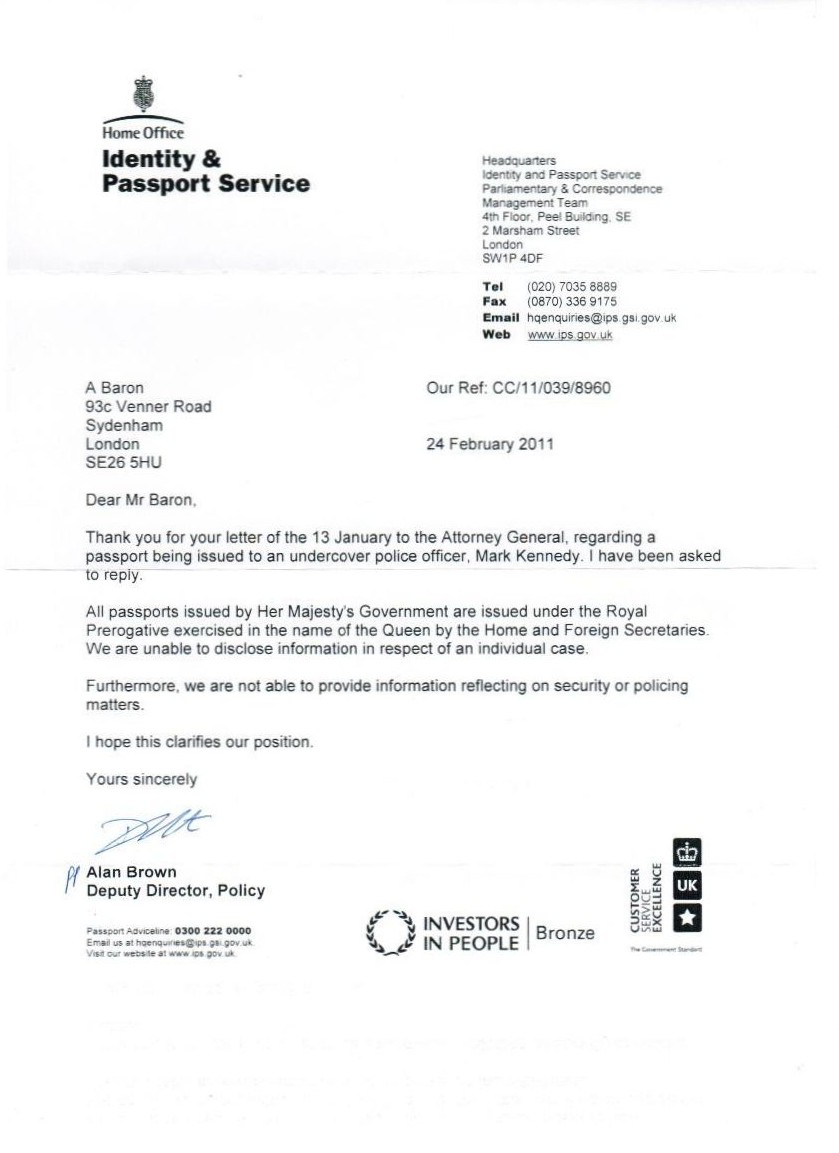
The title of this article is a rhetorical question, but I will cover this ground anyway.
Below, the reader will find my correspondence with the powers-that-be, and their responses – such as they were – concerning the well documented and publicised activities of a certain undercover police officer.
Shortly before it was generated, the name Mark Kennedy was very much in the news. Kennedy was both a police officer and the son of a police officer. He grew up in the stockbroker belt – Orpington, Kent – not that far from where I live – and followed in his father’s footsteps aged nineteen. He appears to have led a fairly undistinguished career which included undercover work in South London, until he was headhunted by the National Public Order Intelligence Unit, and ended up working deep undercover with tattoos on his arms and ear rings in both ears. For seven years this man spied on environmentalists and related activitists living under a false name and feeding back information to his masters. Seven years!

Mark Kennedy in battle attire; would you buy a used car from this man? Probably not, but most people of a certain hue would have no hesitation whatsoever in sharing a spliff with him. Or selling him one.
Sadly, it is true that there is a genuine need for undercover work, especially when we are facing a real terrorist threat both from those wicked Islamists, and now, it seems, renewed activity in Northern Ireland. As I write these words, a police officer has been murdered by one of these so-called Republican dissident groups. (1)
Having said that, there is undercover work and undercover work. In May 1969, the Home Office issued a circular called Informants who take part in crime; although this document relates specifically to informants – paid or unpaid – rather than to police officers, there can be no doubt that it was intended to be read, learned and inwardly digested by all police officers engaged in this sort of work.
The catalyst for the circular was a bizarre case in which three young men pleaded guilty at Suffolk Assizes (2) to aggravated robbery then appealed their convictions. This is an extremely rare occurance, (3) but what was not known to the trial judge nor apparently to the prosecution at the time, was that the robbery of a sub-postmaster has been set up by the police using an agent provocateur, and that the victim was himself a party to the plot. When the case came before the Court Of Appeal in February 1969, the convictions were quashed and convictions for larceny were substituted. (4) The identity of the agent provocateur was revealed at some point, but what is important is not the details of this particular case, but the principle.
In every major and many not so major towns throughout Britain if not the world, one can find young women who will hire their bodies by the hour to be abused by men. Young men too will sometimes do this.
Others will deal in both soft and hard drugs. Some premises – public houses, etc – become known to the police as hotbeds for the disposal of stolen goods. In other words, there is no shortage of people who for sufficient oftentimes trivial incentive will engage in all manner of crime, from the victimless crime of prostitution, right up to the ultimate crime of murder. It is the role of the police to discourage such people from so doing, or failing that, apprehending those who cannot or will not be so discouraged or prevented. It is not their role to put temptation in the way of such people. And it is certainly not the role of the police to incite people to commit crimes in order to settle old scores, (5) or to discredit political pressure groups, or twin undeserved kudos for their own sleuthing skills. Or for any other “inappropriate” reason.
In recent years it has become apparent that some police forces have used undercover officers as agents provocateurs on demonstrations to perpetrate acts of criminal damage and to incite bona fide demonstrators to do so. This has happened especially in Quebec, Canada; at the 2007 G20 protests, organisers confronted three black bloc agents provocateurs who were arming themselves with rocks. Footage of this was posted to the YouTube website. (6) Now if I may digress a bit....
On April 11, 2011, an episode of the ITV series Law And Order – UK had a rather improbable plot.
The team were on the trail of a possible serial killer after two teenage boys were murdered in quick succession. A security officer was swiftly identified as the prime suspect, and confessed. The problem was, he also confessed to murdering three boys who were killed years earlier, crimes for which another man had been convicted and was serving life. On top of that, he provided corroborative evidence that he had murdered the other boys, and another whose body had not been found. Shortly, a witness statement came to light from the earlier investigation; this statement, by a disinterested witness, provided potentially exculpatory evidence, or it would have if it had been presented at trial.
The barrister who prosecuted the first case was subsequently arrested and charged with perverting the course of justice. The improbable bit about this plot is the arrest of a Crown Prosecutor, police officer or any public servant for perverting the course of justice. This has happened on occasion, even in Britain, but it is only rarely that anyone is actually held to account. Probably the most notorious such case is that of Stefan Kiszko; the prosecution of the lowlifes who framed him was sabotaged by the stipendiary who should have committed them for trial. (7)
That being said, it is one thing to pervert the course of justice by suppressing exculpatory evidence or even fabricating evidence against an innocent person. It is quite another to create both the evidence and the case from scratch.
When it was revealed that Mark Kennedy had been supplied with false identification documents, including a false passport, I wrote to the Attorney General to inquire as to the authority for this. Fabricating official documents of any kind is a serious offence in this country and indeed probably every country worldwide. Having said that, there are times when it can, indeed must, be done, in particular to provide false identities for persons deemed vulnerable for whatever reason. I will briefly discuss two well-known instances here.
On November 24, 1993, two eleven year old boys were convicted of the murder of two year old James Bulger. At the time they committed this horrific crime, Robert Thompson and Jon Venables were both ten years old. Detained for life, they were each given a tariff by the trial judge of a mere eight years, which was subsequently raised to ten years by the Lord Chief Justice. Because of the enormous publicity the case generated together with genuine public outrage, the boys were given lifelong anonymity, which necessitated the creation of false documents, including birth certificates. Both were released in 2001, although after several brushes with the law, Venables had his licence revoked early last year.
A far more deserving case than Thompson and Venables was that of Maxine Carr. Carr was the live-in girlfriend of Ian Huntley, the school caretaker who murdered ten year olds Holly Wells and Jessica Chapman – the Soham Murders. Although Carr was not implicated in this terrible crime, she foolishly gave her baby-faced lover an alibi, and after sitting in the dock with him, received a sentence of three and a half years. With her distinctive red hair, Carr became a high profile target as well as one of the most hated women in Britain; over the years a number of women have been attacked in the false belief that they were her. Again, Carr’s true identity has been protected by false documents in addition to a wide ranging legal injunction.
Other people – in this country, the United States, Italy and elsewhere – have at times been protected by false identities which have been created for witness protection programmes by due process of law. The very reasonable question I posed to the Attorney General is by what legal process – court order or whatever – was Mark Kennedy issued a false passport, and other false documents?
After an initial acknowledgment, I received both an evasive response from the Office of the Attorney General, and a non-reply from the Home Office. The bit about the Royal Prerogative in the letter of February 24 (below) is mush. Although this implies an action taken by or at least consented to by the Sovereign, the Queen does not of course concern herself with the day to day workings of either the criminal justice system or of espionage, much less these sort of grubby goings on. Furthermore, no explanation was offered as to the nature of this supposed policy or the grounds in this particular case. One might just as well claim that an act of murder was exercised in the name of the Royal Prerogative. Shades of James Bond? If Mark Kennedy was not licensed to kill, then he did have a licence to break the law, as did his controllers.
Although we may take comfort from the fact that this particular undercover fuzz had a genuine change of heart – hence the collapse of the trial which he had been at the centre of – there can be no doubt whatoseover that there are other police agents provocateurs out there, and that some of them are involved with total impunity in the incitement of far more serious crimes than Mark Kennedy. As I know from personal experience.
My correspondence with the Attorney General’s Office and the Home Office can be found below.
God Save The Queen,
April 18, 2011
Click here for a PDF of my letter of January 13, 2011 to the Attorney General. (8)
Below is the initial reply.
Sydenham,
South London.

Click here for my follow up E-Mail.

Click here for the non-response of the Attorney General’s Office.

To Notes And References
Back To Articles Index
Back To Site Index